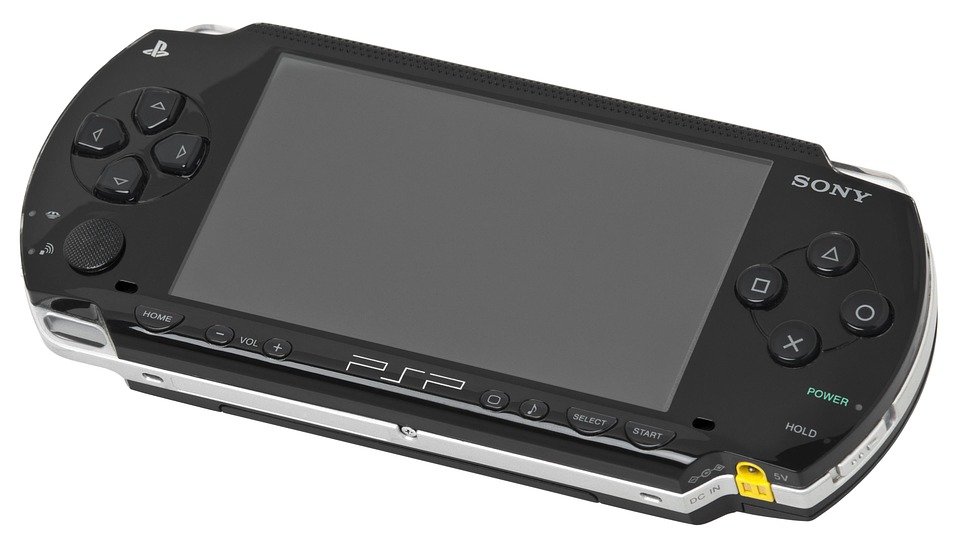As technology continues to evolve at an astonishing pace, the debate between wired and wireless gaming accessories remains a hot topic among gamers. Each option has its own set of advantages and disadvantages, creating a complex landscape for those looking to optimize their gaming experience. Whether you’re a competitive eSports player seeking the fastest response times or a casual gamer playing for relaxation, understanding the differences can help you make informed choices.
The Case for Wired Accessories
1. Latency and Performance
One of the most significant advantages of wired accessories is their lower latency. Wired connections transmit data directly through a cable, resulting in nearly instantaneous feedback between the device and the computer or console. For competitive gamers in fast-paced genres like first-person shooters (FPS), even a millisecond can make a difference between winning and losing.
2. Reliability
Wired connections are generally more reliable. Interference from other devices can impact wireless signals, leading to lag or disconnections at critical moments. Wired accessories eliminate this concern, providing a stable and consistent performance that is crucial during intense gaming sessions.
3. No Battery Concerns
Another advantage of wired accessories is the lack of battery management. Players never have to worry about their mouse or headset dying at a critical moment, as they are powered directly by the console or computer. This adds an element of peace of mind, allowing gamers to focus entirely on their performance.
4. Affordability and Availability
Wired accessories often tend to be more budget-friendly than their wireless counterparts. Gamers looking to build their setup without breaking the bank might find high-quality wired options that provide excellent performance at a lower cost.
The Allure of Wireless Accessories
1. Freedom of Movement
One of the most enticing benefits of wireless accessories is the freedom they offer. With no cables to restrict movements, wireless mice and keyboards provide gamers with greater flexibility and comfort. This can lead to a more immersive gaming experience, as players can arrange their gaming setups as they see fit.
2. Clutter-Free Setup
Wireless accessories contribute to a cleaner and more organized gaming space. The absence of cables means fewer tangles, less clutter, and an aesthetically pleasing environment. This becomes particularly important for streamers or content creators who want a professional-looking backdrop.
3. Technological Advancements
With advancements in battery life and wireless technology, modern wireless accessories have drastically improved in terms of performance. Companies are now utilizing technologies like low-latency Bluetooth and proprietary wireless connections to ensure that gaming experiences are seamless and lag-free. Many of today’s wireless gaming mice and keyboards feature performance profiles that are comparable to wired options.
4. Portability
For gamers who frequently attend LAN parties or travel, wireless accessories offer unmatched portability. Packing up gear is easier when there are no tangled wires to deal with. This makes wireless options particularly appealing for those who are always on the go.
Conclusion
The debate between wired and wireless gaming accessories is far from black and white; it ultimately comes down to personal preference and specific gaming needs. Competitive players may prioritize the low latency and reliability of wired options, while casual gamers or those valuing aesthetics may lean towards the benefits that wireless technology offers.
As both wired and wireless technologies continue to advance, the lines are becoming increasingly blurred. A savvy gamer should consider their individual gaming style, comfort, and setup to make an informed decision that will elevate their gaming experience. In the end, the most important accessory is the one that complements your unique gaming journey.


